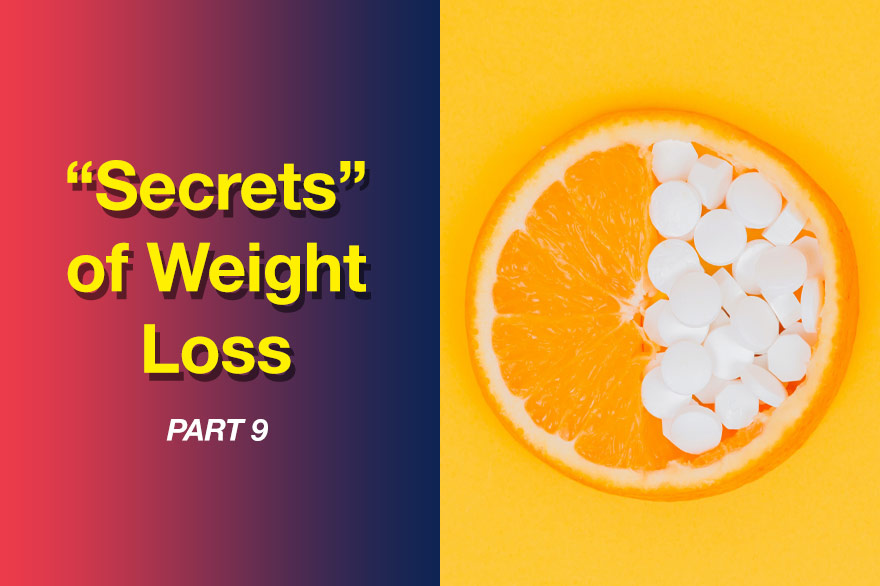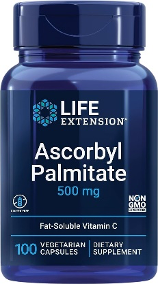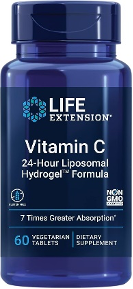"Secrets" of Weight Loss: Part 9: Nutrient Hunger
September 13, 2023

As you know, your DNA developed over millions of years. Your own unique species Homo sapiens has a DNA that is unique to it. And each individual human being has slight variations on that.
There are certain universals. One of which is your body’s biochemical requirements. These include certain essential vitamins and minerals. As you feed throughout your day, your body is metaphorically checking off boxes. The goal is to check every box by the end of your day.
In a big picture macro sense, your body is looking for calories and energy. But in a micro sense, your body is looking for some very particular, essential micro-nutrients. What often happens, especially in today’s world of ultra-processed foods, is that you achieve your calorie requirements long before you have checked off all your micronutrient boxes. As a result, you keep eating. Your body continues to search for these essential micronutrients. And if you don’t get them and enough of them in a timely fashion, there can be some serious consequences.
Here is just one example: vitamin C or ascorbic acid. Millions of years ago our ancestors lived in an environment rich in vitamin C. None of our ancestors ever had a problem getting enough vitamin C. With a diet high in fresh meat, our ancestors got more than enough vitamin C every day.
This situation changed radically with the agricultural revolution. And then the situation got even worse. The period in history between the 16th and the 18th century is known as the age of scurvy. Scurvy is a fatal disease that is caused by one single thing: lack of vitamin C.

It is estimated that between the 16th and the 18th century over 2 million sailors died of scurvy. On long sailing voyages of several months or more, the average scurvy death rate was 50% or more. For example, in 1520 when Magellan sailed across the Pacific Ocean, scurvy killed over 80% of his crew.
Scurvy has a long and complex history. For simplicity’s sake, in the late 18th century physician James Lind convinced the British Navy to include some lemon juice in the diet of British sailors every day. Scurvy ceased to be a problem in the British Navy. Doctor James Lind had figured out a solution that worked but he did not understand why or how.
It was not until the 20th century that the reality of vitamin C became clear. 1912, Vitamin C was discovered. 1928, vitamin C was isolated. 1933, vitamin C was produced chemically. 1937, 2 scientists, Albert Szent-Gyorgy and Walter Norman Haworth shared the Nobel Prize for medicine for their work on vitamin C.
An RDA (recommended daily allowance) for vitamin C was established. As of 2000, the RDA for adult men is 90mg per day. For adult women, 75mg per day. To be clear, this is the amount of vitamin C to keep you from getting scurvy. The RDAs for vitamin C have nothing to do with quality of life or optimal health
Linus Pauling, arguably the greatest biochemist of the 20th century received an unshared Nobel Prize for chemistry in 1954. Following this he began to do research on vitamin C. Dr. (PhD) Pauling discovered that the RDA was wholly inadequate for optimal health. Pauling recommended that adult males get at least 3,000mg of vitamin C (ascorbic acid) every day. (I personally take 2,000 mg 3 times a day). Vitamin C is water soluble so you will get the best results if you spread it out over at least 2-3 doses per day. (I personally take a 24-hour vitamin C in the am and in the pm). There is also a fat-soluble form of vitamin C called ascorbyl palmitate. (I personally take one capsule of Ascorbyl Palmitate every morning along with my other supplements with my morning JDD shake).


Pauling also talked about keeping the average level of vitamin C (ascorbic acid) as high as possible was key. So just a couple of years ago Life Extension developed a time release for vitamin C to make this easier.
As you step back, you can see there are several messages in this story. The first is that your body has some very particular requirements for some very specific molecules. One, if you don’t get any or enough of this particular molecule, your body will keep eating in search of this crucial molecule. Two, this is no minor issue. Just a few centuries ago lack of vitamin C was a deadly problem. Today I call this nutrient hunger. But sadly, in this era of hyper processed foods, lack of essential micronutrients is making us fat and killing us at progressively earlier ages. There was a peer reviewed scientific paper released just this week: the fastest growing group of new cancer patients are under 50. A grim statement on the sad state of American health.
Another message is the chasm between minimum or none and optimal health. A few years ago, I attended a great talk by Bruce Ames, Professor of biochemistry and aging at the University of California, Berkeley. As part of his talk, Dr Ames (PhD) shared that over 90% of all Americans suffer from major nutritional deficiencies. Most Americans eat horrible diets, and the vast majority of Americans do not take any supplements at all. In fact, most Americans’ diets are so awful that the foods they eat actually deplete their bodies of nutrients.

Which segues into another part, the most important part of this story: quality of life for you and your family. Given what we know now and what we continue to learn, it is possible for the 1% or 2% who actually care about their health and the health of their family to live a higher quality of life than human beings have ever lived before. (Here I am in early September 1967 at Con Thien, Vietnam – just a few days before I was shot through my right thigh by an AK-47).
Quality of life includes some very simple positive behaviors like starting every day with your JDD shake and your essential supplements. Staying well hydrated. Getting 30-45 minutes of full body aerobic (Heavy Hands) exercise 3-5 times a week. Getting and staying well rested.
A quality life also includes a couple of other things: pursuing a deeper, fuller answer to the question: Who are you? And secondly: To thine own self be true. As you discover your true passions, pursue them vigorously. As the cliché goes: this is not a dress rehearsal.
Optimal health is the foundation to a full, rich, and meaningful life.
Thank you for listening.
As always, I wish you the very best of health.
Joe
Photo by Diana Polekhina
 Cart (0)
Cart (0)

